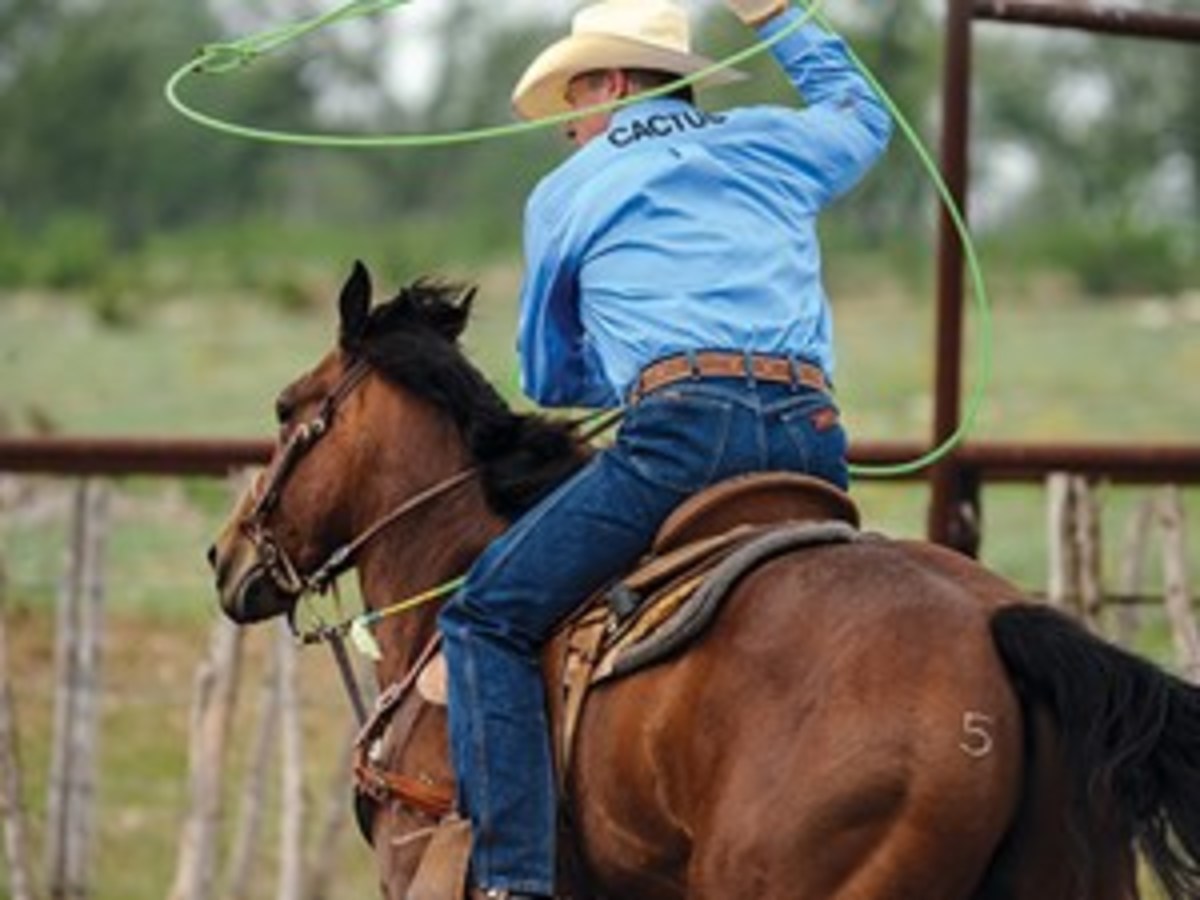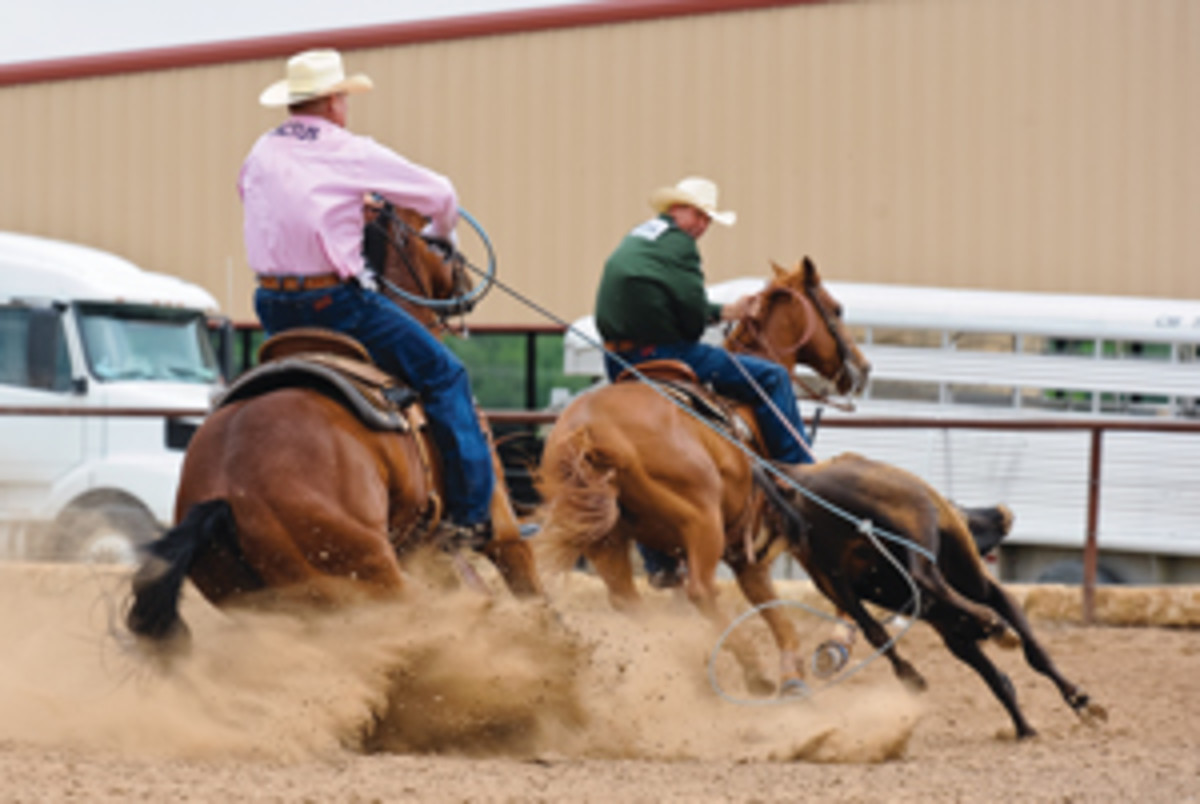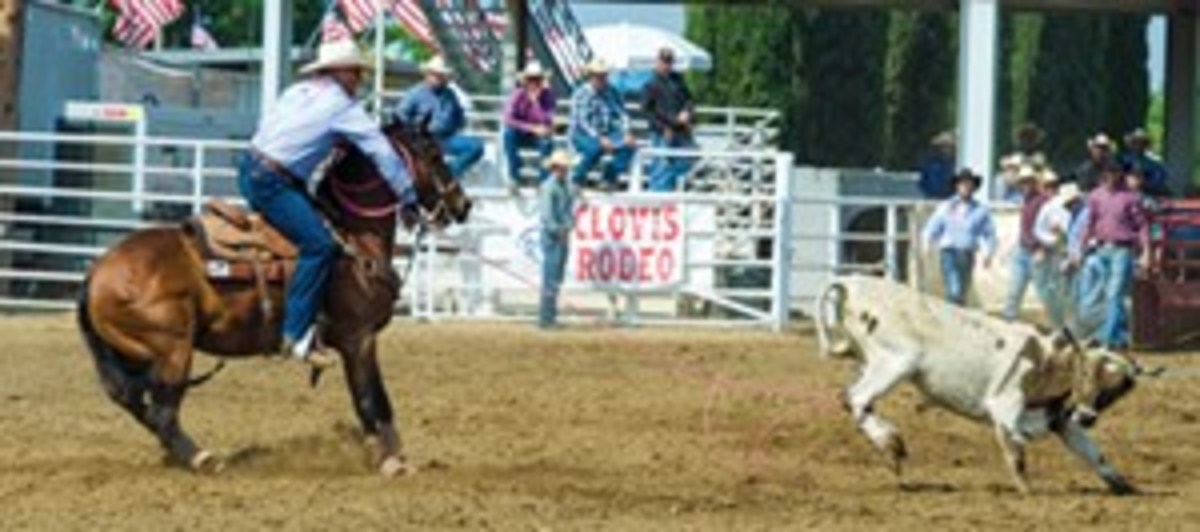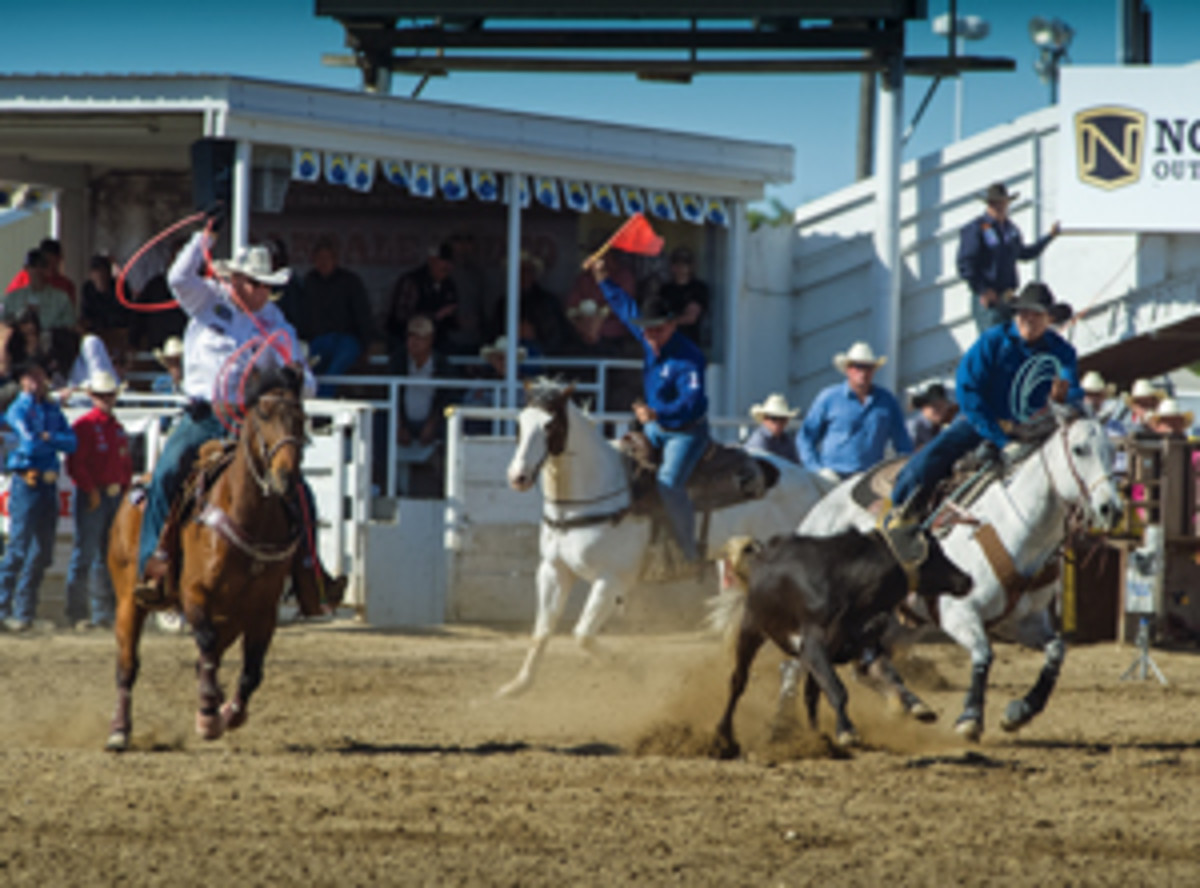The hardest thing about the job for any professional roper is finding and keeping a really good, solid horse that you can count on every day, day in and day out, in every situation. A great horse can make a person’s career for a length of time. You see guys who are exceptional ropers, but when they have that great horse it really catapults them to stardom and as long as that horse lasts there’s a window of opportunity to capitalize on what that horse can do for them. Most horses don’t last a long time at the highest level, so then you’re faced with the situation of trying to replace him or find the next one. Replacing one of those good or great ones is not an easy thing to do.

In the early going of my career, I was good, but my horses were kind of average. Then I sold the farm, so to speak, and paid everything I could for a horse I knew was awesome. That’s when I started winning championships.
I was fortunate enough to string a few good horses together. That first really good horse just lasted a couple years full time. I got to haul him hard and rope on him everywhere for a couple years, then he broke his knee in a trailer accident. I couldn’t haul him hard after that, but did manage to get four National Finals out of him.

I had a couple more good ones come along, but they didn’t last very long. In a 10-15-year period there, I was able to keep coming up with horses that were good. But at the end of that run I kind of had trouble. My buckskin horse, Ike, was the last horse I won championships on. But when he was done, there were four or five years there when I had a hard time replacing that good one.
I tried to bring along some younger horses, and get them seasoned. But it was a struggle. I paid some money for some horses along the way also, but they didn’t really pan out. I got another good horse in about 2007-2008. I stopped rodeoing hard for a period of time due to some family obligations. Then I came back, and at the end of 2012 I was able to buy Kory Koontz’s horse Little Bay. He’s fit me perfectly the last three years. He’s allowed me to have some good fortune in the twilight of my career.
LB’s 18 years old now, so I’m limiting the runs on him. I’m just taking him to the rodeos, and am not practicing or jackpotting on him. I’m back to that stage where it’s about management, when it comes to having the right kind of horses and taking care of them. Horse management is just such a big part of what we do that it’s a never-ending process.

There are really only two choices you have when you need a good horse and plan on trying to win. You’re faced with finding the best one you can find and paying the price for him. Or you’re going to have to make one yourself, which is doable but takes a lot of time. And you’re going to get your butt kicked for a while when you’re doing it. I’ve done it both ways, and the long and short of it is I’d rather be riding a 15-year-old horse that’s not going to make mistakes than try to make a living on a young one. That’s just extremely hard.

Photos by Lone Wolf Photography and Hubbell Rodeo Photos










